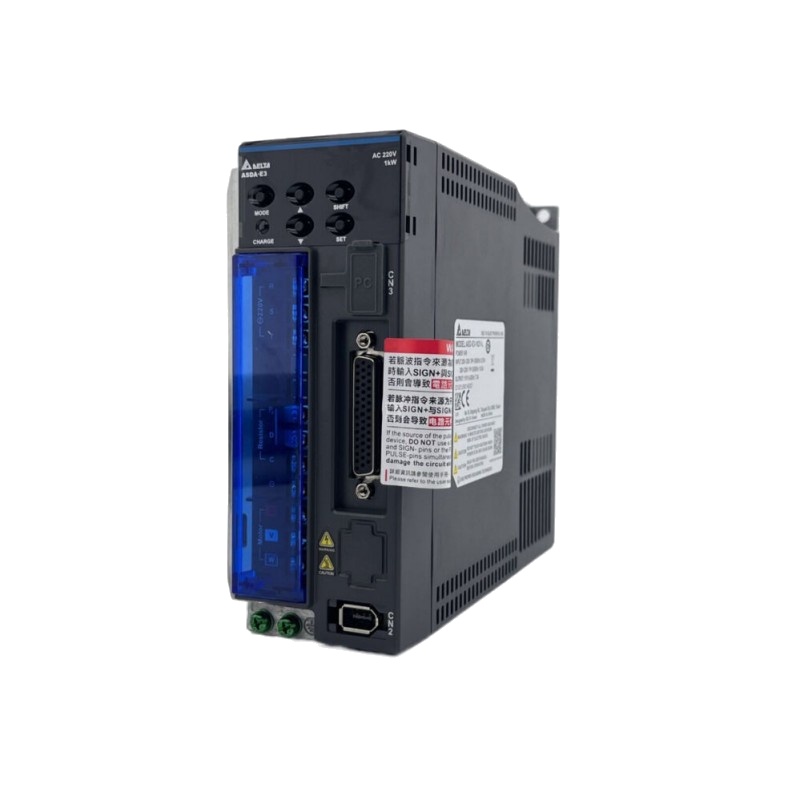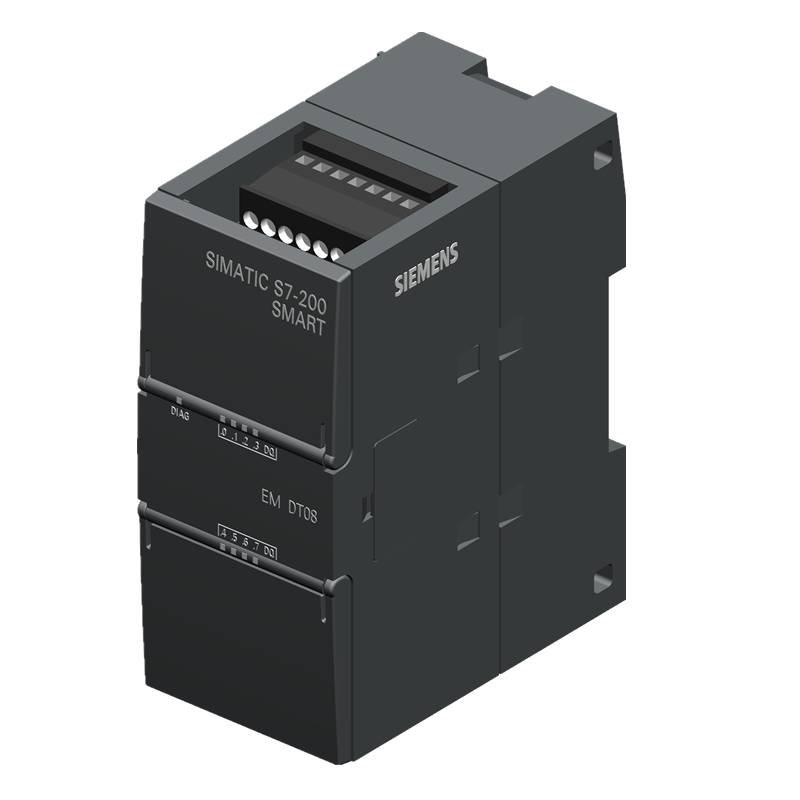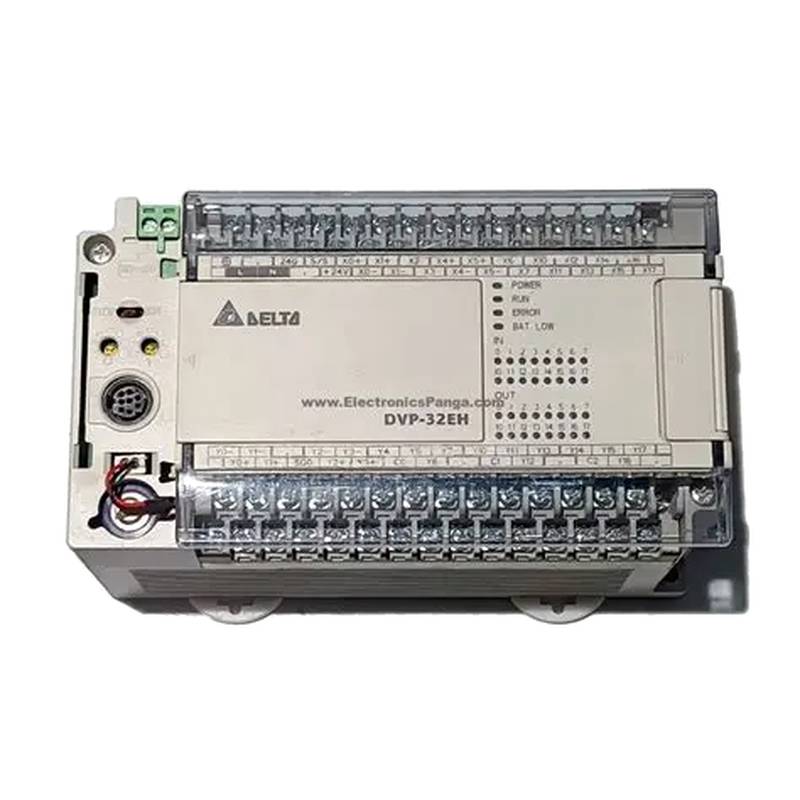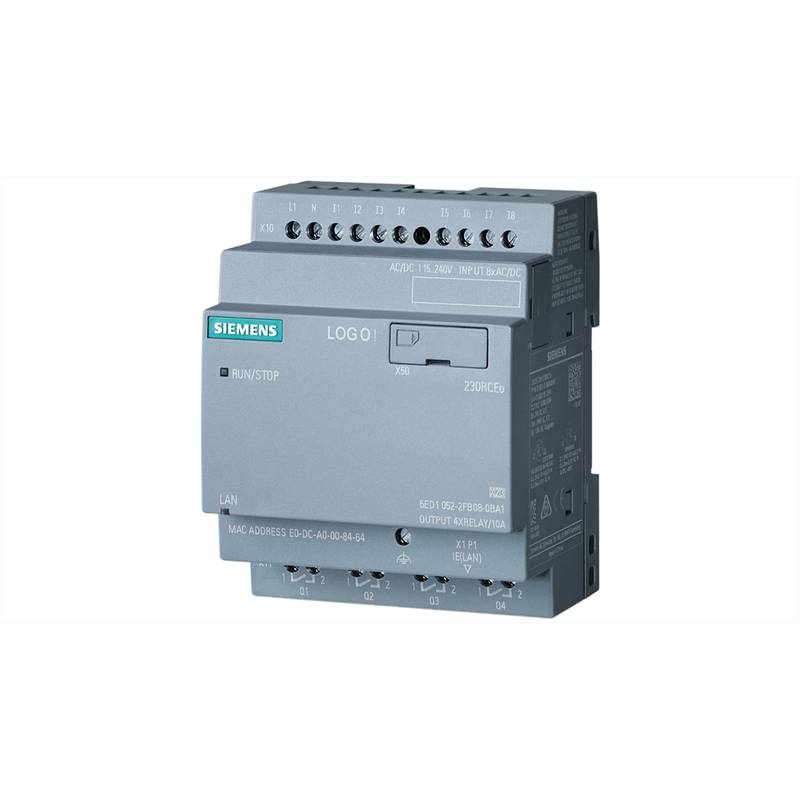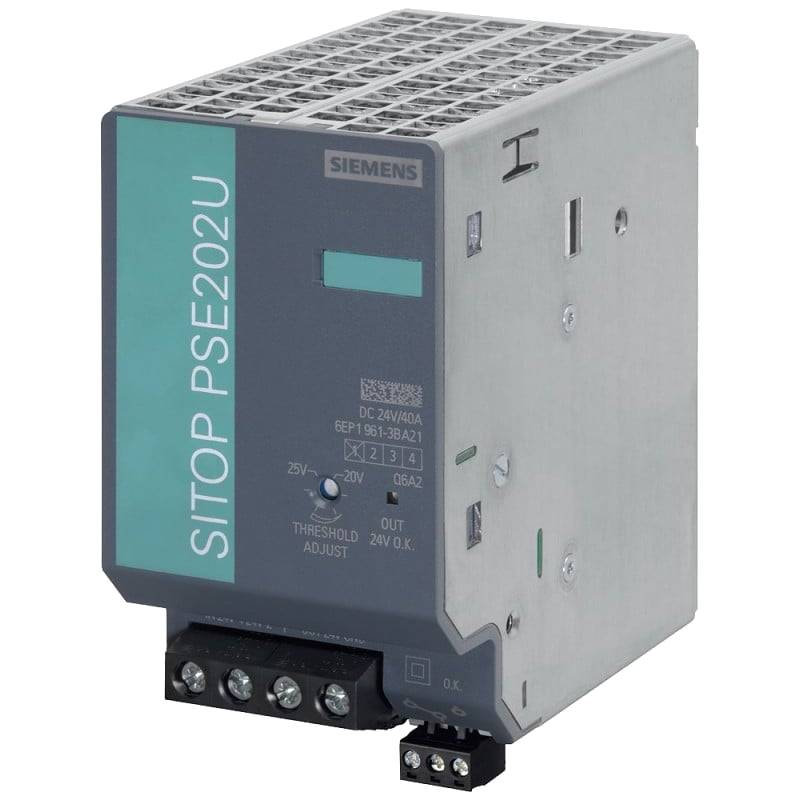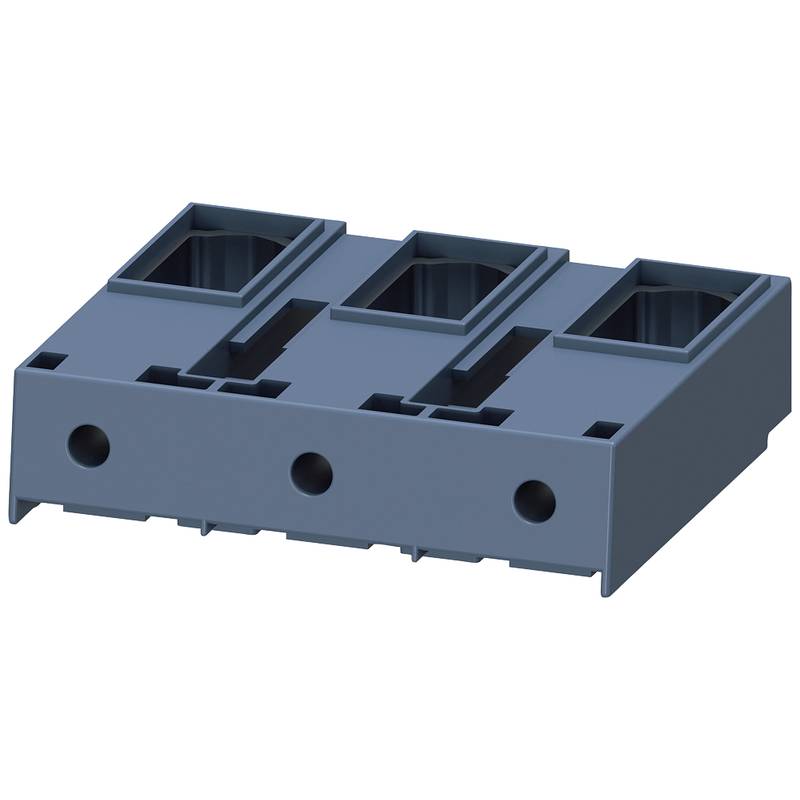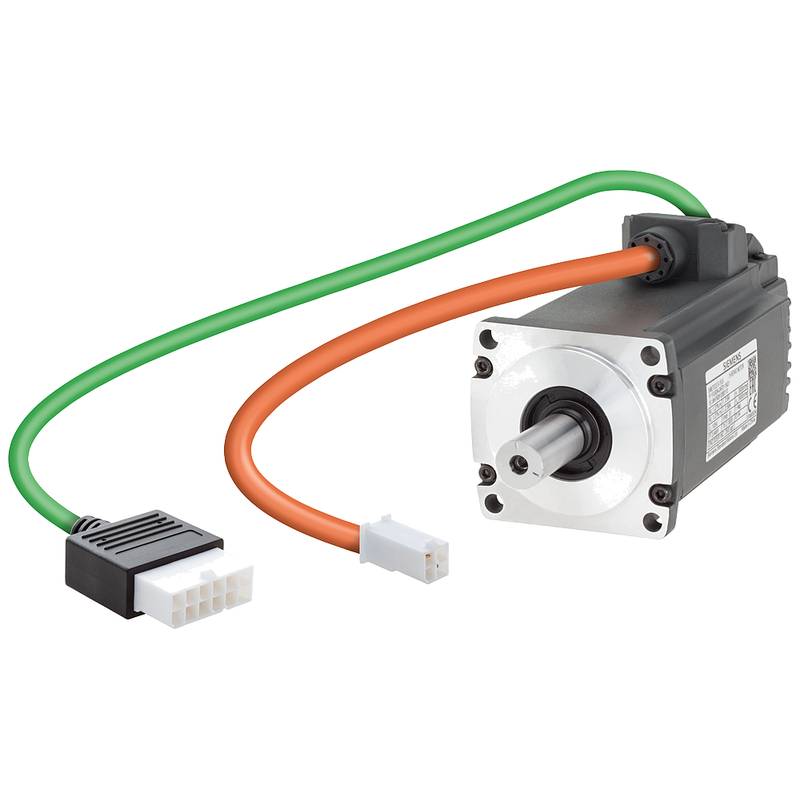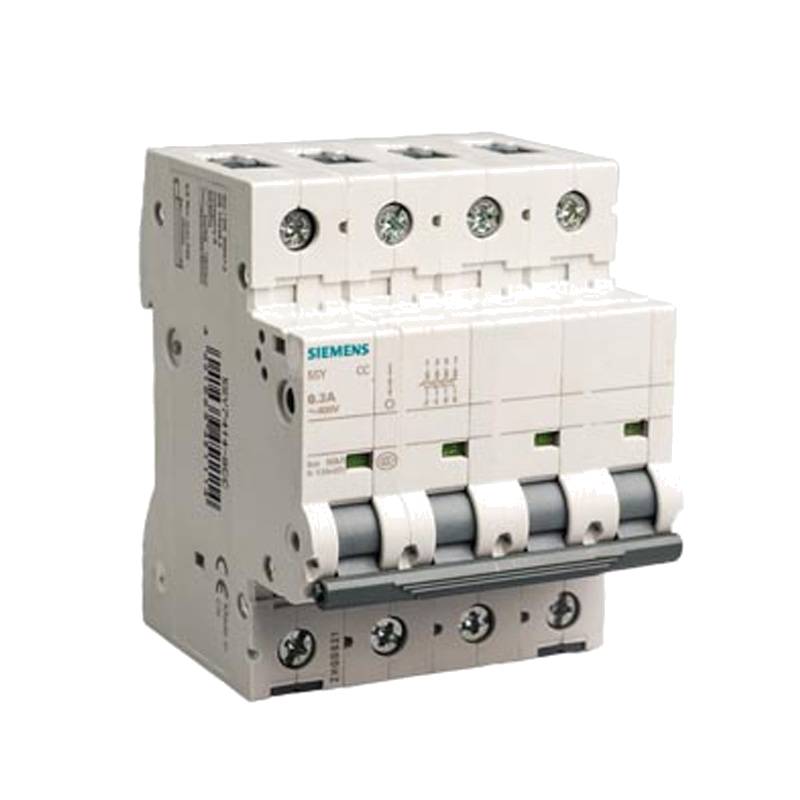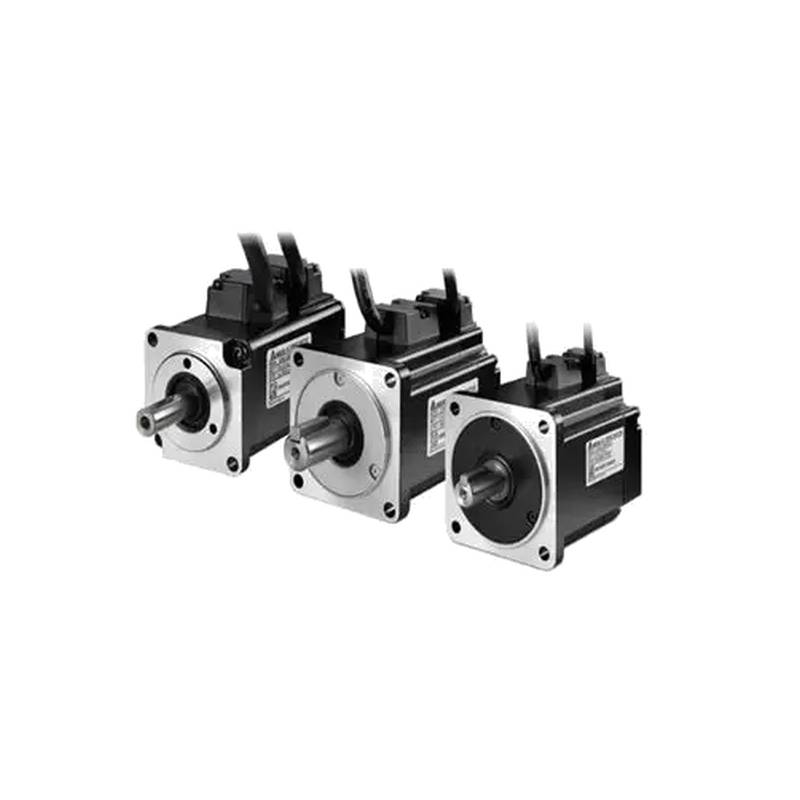
The Delta ASD-E3-1521-L single-phase servo drive is engineered for medium automation equipment, offering a robust solution for applications demanding precise motion control and enhanced productivity. This drive excels with its high-speed response, advanced filtering capabilities, and user-friendly interface, making it a standout choice for intricate machinery. Key technical parameters include a power rating of 1.5 kW, an input voltage range of 170-264 VAC, and communication options such as CANopen and Modbus RTU. Its integral features provide exceptional torque control and smooth operation, even under fluctuating loads, ensuring superior performance in diverse industrial settings.
Product Specifications
| Feature | Specification |
| :------------------- | :------------------------------ |
| Model | ASD3–121-L
| Input Voltage | 170-264 VAC |
| Output Power | 1.5 kW |
| Control Type | Position, Velocity, Torque |
| Communication | CANopen, Modbus RTU |
| Encoder Interface | Incremental, Absolute |
| Protection Class | IP20 |
| Operating Temperature | 0°C to 50°C |
| Dimensions (H x W x D)| 160 x 60 x 160 mm |
Core Features & Market Positioning
The Delta ASD-E3-1521-L distinguishes itself in the medium automation market through its superior adaptability and performance metrics. It integrates advanced digital signal processing, enabling real-time adjustments for optimal accuracy and responsiveness. The drive's sophisticated current control algorithms ensure smooth motor operation and minimize vibration, a critical factor in high-precision manufacturing environments. Furthermore, its compact footprint and robust build quality position it as a reliable and space-efficient solution for integrators seeking to optimize machine design without compromising on functionality. The ASD-E3 series is recognized for its competitive price-performance ratio, offering enterprise-level features at an accessible point for small to medium-sized automation projects.
Key Application Scenarios
This single-phase servo drive finds extensive application in various medium automation equipment sectors. It is ideally suited for packaging machinery, where precise positioning and high-speed cycling are paramount for efficiency and product integrity. In the printing industry, the ASD-E3-1521-L facilitates accurate web handling and color registration, contributing to higher print quality. It is also a strong contender for material handling systems, robotic arms performing pick-and-place operations, and CNC machining centers requiring precise tool path control. The drive's versatility allows it to seamlessly integrate into automated assembly lines and dispensing systems, enhancing throughput and reducing errors.
Practical System Integration Guidance
Integrating the Delta ASD-E3-1521-L into existing automation systems is streamlined due to its flexible communication protocols and straightforward wiring requirements. The drive supports standard incremental and absolute encoders, allowing for compatibility with a wide range of servo motors. For optimal performance, careful attention should be paid to power supply quality, ensuring it remains within the specified 170-264 VAC range to prevent operational instability. Wiring of control signals, motor phases, and encoder feedback must adhere strictly to the manufacturer's guidelines to avoid signal interference and ensure system reliability. Parameter setting via the accompanying software or onboard keypad facilitates quick commissioning, allowing users to define motion profiles, limits, and control gains tailored to specific application needs.
Operation and Risk Mitigation
Safe and efficient operation of the Delta ASD-E3-1521-L servo drive relies on adhering to best practices and understanding its operational parameters. It is crucial to ensure proper grounding and isolation to prevent electrical hazards and potential equipment damage. During commissioning, all safety interlocks and emergency stop circuits must be thoroughly tested to guarantee system safety. Common troubleshooting scenarios often involve verifying encoder connections, checking motor phasing, and confirming that input power is stable and within specifications. The drive features built-in diagnostics that can indicate specific fault codes, such as overcurrent (e.g., F01), overvoltage (e.g., F02), or encoder errors (e.g., F05). Consulting the user manual for detailed explanations of these codes is essential for rapid problem resolution and minimizing downtime.
Scalability & Long-Term Value
The Delta ASD-E3-1521-L offers significant scalability and long-term value for businesses looking to invest in future-proof automation solutions. Its compatibility with Delta's broader ecosystem of PLCs, HMIs, and other motion control components facilitates seamless integration into larger, more complex automation architectures. The inclusion of standard industrial communication protocols like CANopen and Modbus RTU ensures interoperability with third-party devices and supervisory control systems. For businesses adopting Industry 4.0 principles, the drive can be integrated into IIoT platforms, enabling remote monitoring, predictive maintenance, and advanced data analytics. This backward and forward compatibility, coupled with Delta's commitment to innovation, ensures that systems equipped with the ASD-E3-1521-L can adapt to evolving industrial demands and maintain their competitive edge.
Frequently Asked Questions
1. What are the primary advantages of the Delta ASD-E3-1521-L?
This servo drive offers high-speed response for demanding tasks. Its advanced filtering ensures smooth, stable operation. The user-friendly interface simplifies setup and control. It provides excellent torque accuracy and control under load.
2. How does the Delta ASD-E3-1521-L handle different encoder types?
It supports both incremental and absolute encoders. This broad compatibility ensures flexible motor selection. Users can choose based on application precision needs.
3. What is the typical input voltage range for this drive?
The ASD-E3-1521-L operates on a single-phase input. The specified voltage range is 170 to 264 VAC. Stable power within this range is crucial for performance.
4. Can this servo drive be integrated with other automation systems?
Yes, it supports CANopen and Modbus RTU protocols. This allows easy integration with PLCs and HMIs. It also connects well with other Delta automation products.
5. What types of industrial equipment is the ASD-E3-1521-L best suited for?
It is ideal for packaging and printing machines. Material handling and assembly lines also benefit. Robotic arms and CNC machines are common applications.
6. How do I troubleshoot common issues with the ASD-E3-1521-L?
Check encoder connections and motor phasing first. Ensure the input power supply is stable and within range. Verify all control wiring is secure and correct.
7. What safety precautions should be taken when installing this servo drive?
Always ensure proper grounding and electrical isolation. Thoroughly test all safety interlocks and E-stop circuits. Follow the manufacturer's wiring diagrams precisely.
8. Does the Delta ASD-E3-1521-L support advanced motion control modes?
Yes, it supports position, velocity, and torque control. This flexibility covers a wide range of application requirements. Real-time adjustments are possible for optimal performance.
9. What is the power rating of the Delta ASD-E3-1521-L?
This single-phase servo drive has a rated output power of 1.5 kW. This makes it suitable for medium-duty automation equipment. It provides ample power for many dynamic applications.
10. Is this servo drive suitable for IIoT integration?
Yes, its communication protocols enable IIoT connectivity. It can be linked to cloud platforms for monitoring. This allows for data analytics and predictive maintenance.














